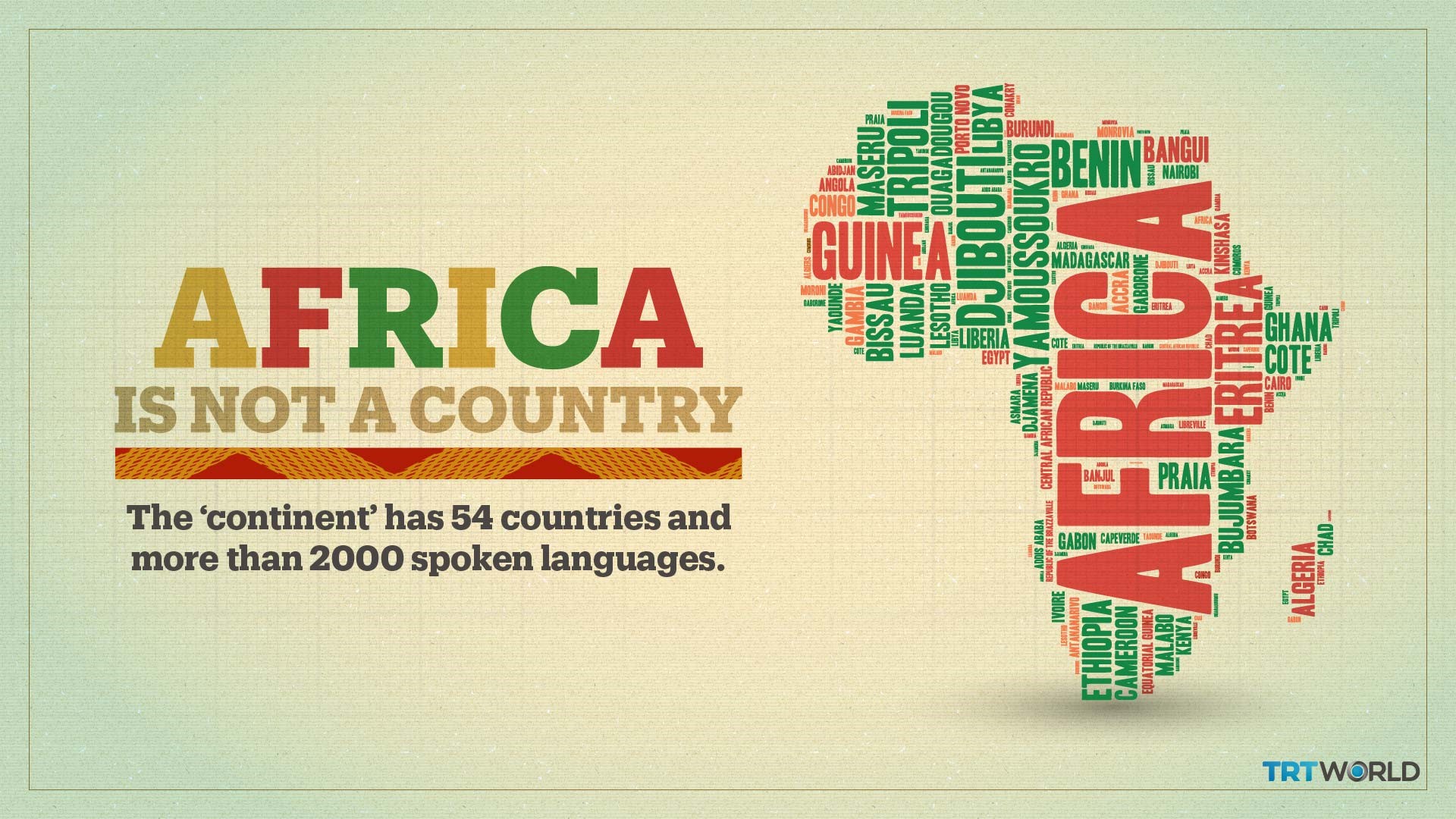“Tu es chinois?”
“Are you Chinese?”
I got this a lot during my time in Guinea, a French-speaking country in West Africa. And no, it’s not Papua New Guinea.
After getting into business school (MIT Sloan), I decided that I wanted to learn something new and work at a startup before fall semester, since I had worked full-time only at a large company (IBM). After applying and interviewing, I accepted a volunteer position as a Venture Fellow at Dare To Innovate (DTI), a growing social impact startup incubator that trains and funds young entrepreneurs.
Working with budding entrepreneurs in sectors that include agriculture, health, education, and energy, DTI seeks to tackle the youth unemployment rate in Guinea, which is over 60%. The organization teaches core business skills, instills human-centered design, and encourages iterative prototyping. Most recently, DTI has been working with the World Bank on its Femmes Sans Barrières (Women Without Borders) program, training women entrepreneurs to start businesses in the country.
Kindia, Guinea. Some DTI team members and entrepreneurs pictured here. The woman second from the right is Madame Fataye. She is a woman entrepreneur in the male-dominated agricultural sector in Guinea. It is amazing to witness the businesses (plural) she has built using few resources, including lack of financial services.
My role at DTI was to analyze tools and processes to develop a new operating model. Since its formal inception in 2015 by Peace Corps Guinea volunteers, DTI has grown rapidly. To sustain this growth, DTI needed to align roles and responsibilities and streamline tools and processes to move from startup to scale. I interviewed local employees to gain a deeper understanding of internal operations, identified areas of improvement, then developed and presented my recommendations in the form of a target operating model.
Here are my three lessons learned that I gained from living in Guinea and working at DTI that I plan to take with me in future roles and life:
1. Set expectations for yourself and others.
As it was my first time on the African continent, I did not know what to expect. I did research on Guinea and talked with friends who had been to West Africa, but I knew that this secondary knowledge was no replacement for experiencing it firsthand. Before arriving, I decided to set no expectations and keep an open mind, which helped me explore freely and without hesitation when acclimating to everyday life.
However, in the workplace, and especially at a startup, I found it important to be upfront with others, set expectations on what you can achieve in a given timeframe, and outline priorities. Setting expectations on my working style with the team and constantly communicating progress and roadblocks allowed me to be successful.
2. Put yourself in others’ shoes and be flexible.
The French I learned in high school was rusty (though I rediscovered it during my time in Guinea). Locals were not accustomed to seeing an Asian person, especially a Korean – hence the “tu es chinois?” question. And finally, the electricity, running/hot water, and internet were unpredictable. But with every situation, I took it as a “c’est la vie” moment, adjusted, and turned it into a learning experience.
Working in a developing country at a startup – especially one at the intersection of (corrupt) government, development and NGOs, and private sector – I found it important to “go with the flow”, but also be firm and share best practices, such as using Google calendar invites to meet at agreed times. I found it very rewarding to bring different departments together, as the staff were excited to cross-collaborate and integrate these newfound tools and processes.
3.Take initiative.
Although it is not easy for someone not fluent in (West African) French to get around Conakry, I still managed to explore the city using creative ways, such as embracing local modes of transportation (see: motorcycle taxi) and talking with locals using hand gestures. (Fortunately, my experience working on a consulting project in Mexico City for a year taught me how to overcome language barriers.)
At DTI, after analyzing some tools, I realized that I could utilize the consulting skills I gained at IBM to do more than the requested deliverables. I developed a new operating model by analyzing the organization’s overall structure and key processes, including human resources, procurement, and DTI’s core accelerator and incubator programs. A significant improvement was the adoption of a Cloud storage tool (Google Drive) to enable seamless cross-departmental transitions. In addition, documenting these findings – which had not been done previously – allows management to constantly go back and identify improvements, enables new hires to familiarize themselves with the workings of the firm, and ensures compliance.
These lessons learned may seem obvious, but they were more important than ever while working at a startup in a developing country.
I’m fortunate to have learned so much while working in unfamiliar settings, and Guinea was no different. With these experiences under my belt, I’m ready to share and incorporate these lessons at business school and in the future ahead!




